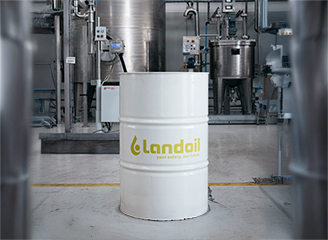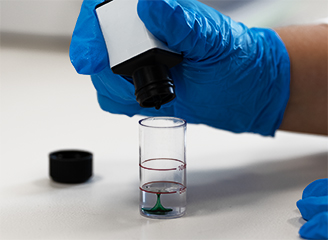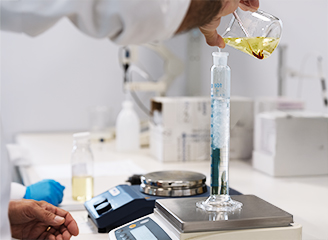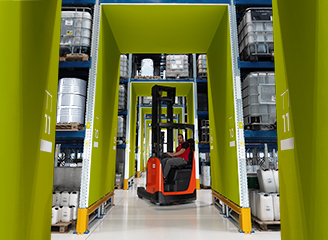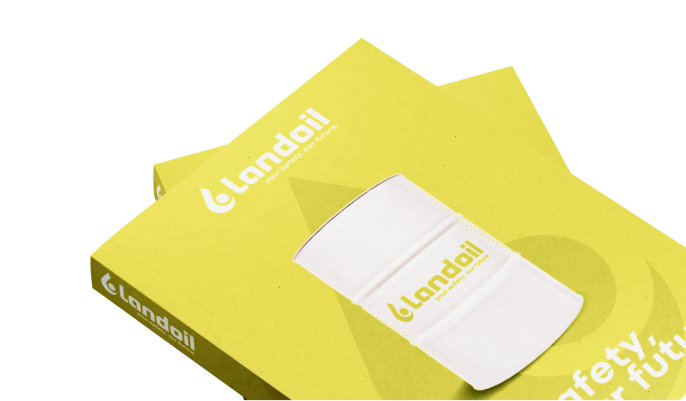Industrial vacuum cleaners
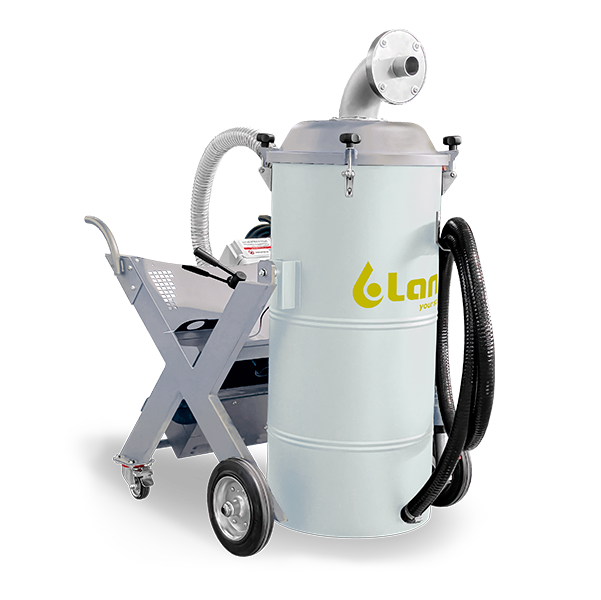
Industrial vacuum cleaners are a crucial element in the landscape of modern machine shops. Read more
-
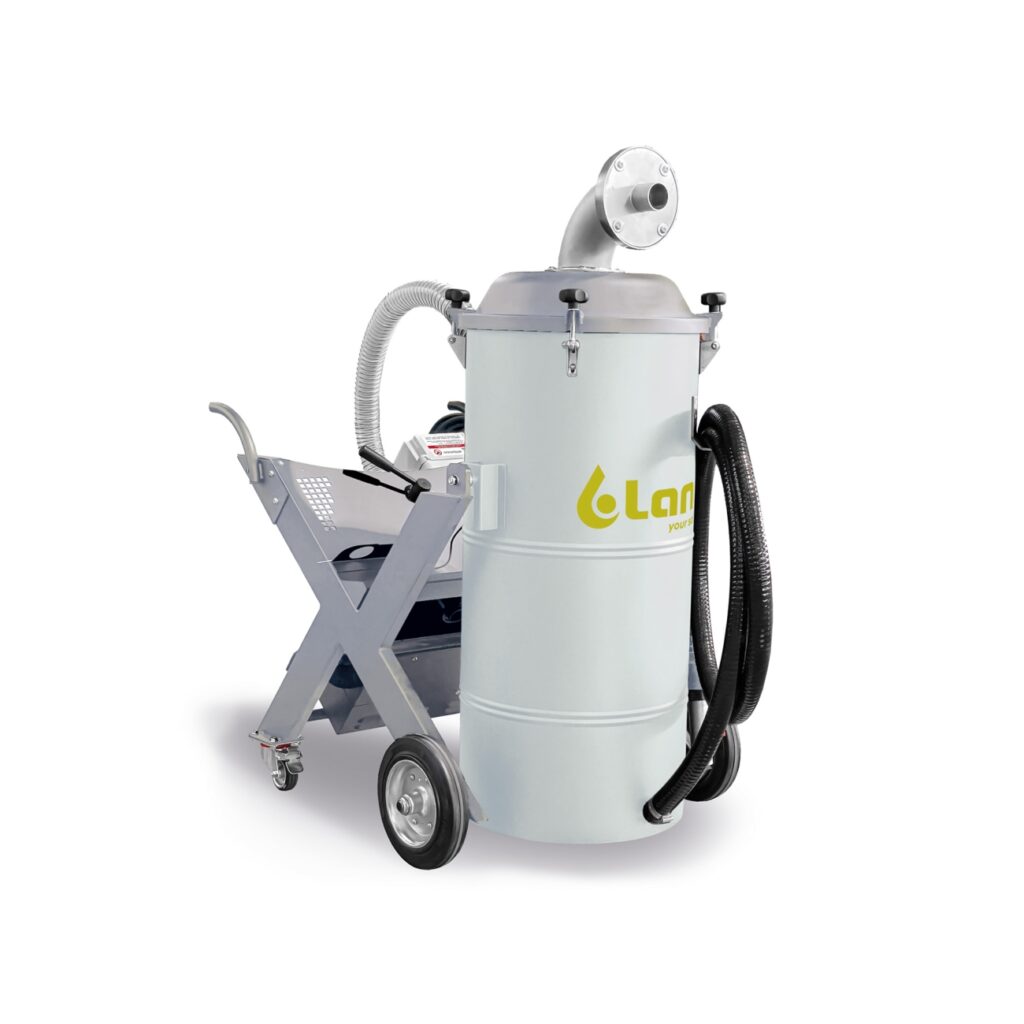
Industrial vacuum cleaners Twist Oil LANDOIL
LANDOIL's Twist Oil industrial vacuum cleaners guarantee rapid tank emptying without operator supervision thanks to the automatic overflow stop. -
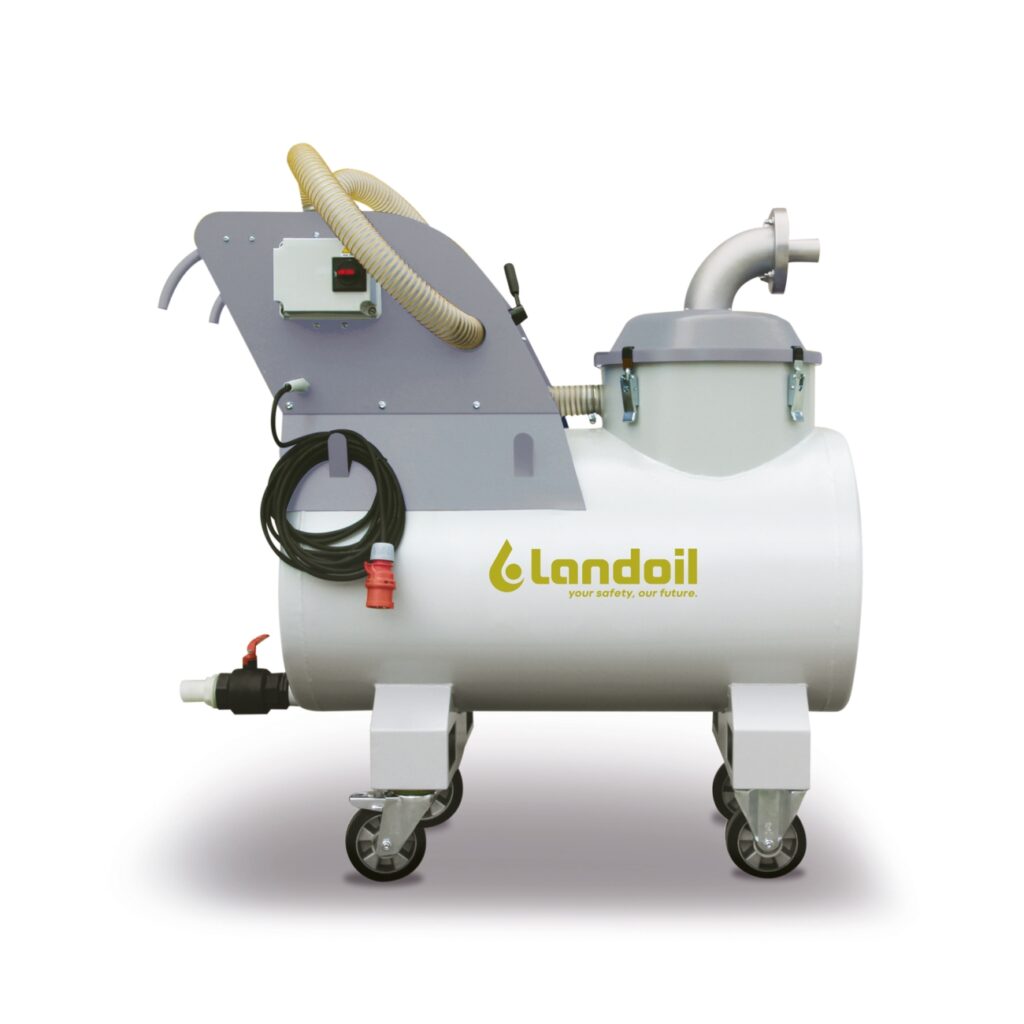
Industrial vacuum cleaners Twist Oil LANDOIL
LANDOIL Twist Oil industrial vacuum cleaners ensure faster tank emptying with three-phase motor and efficient separation of swarf from liquid.
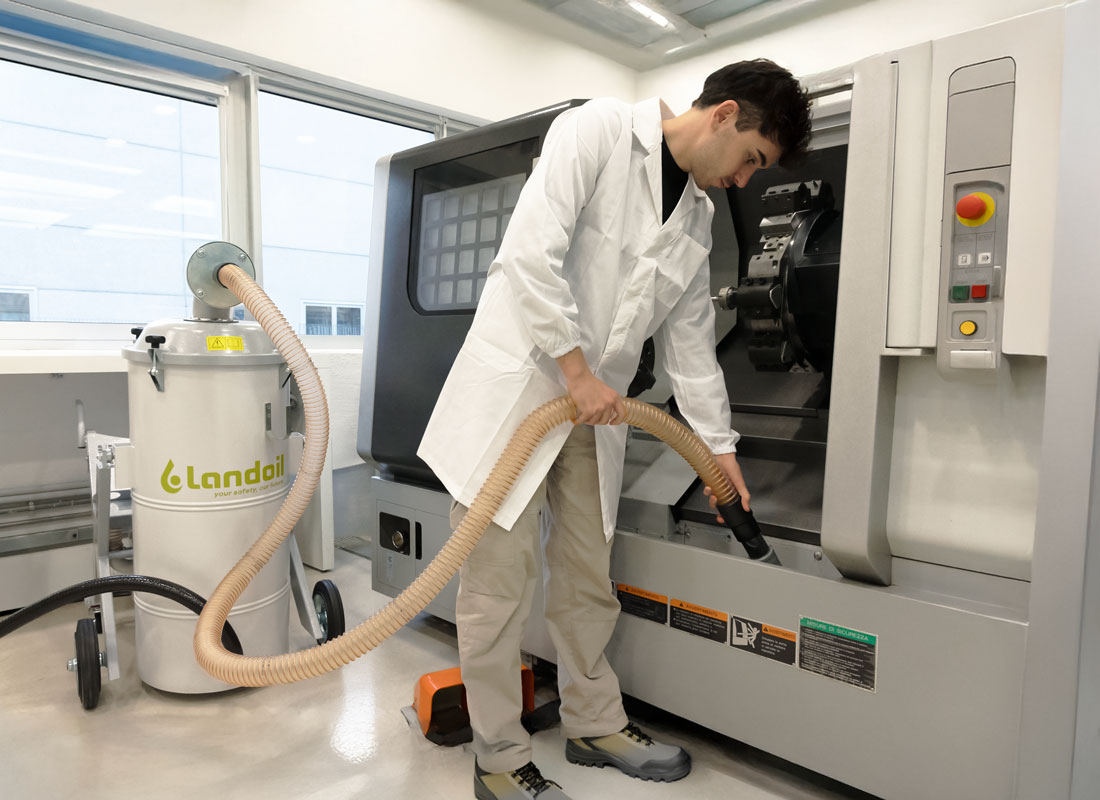
Industrial vacuum cleaners are devices designed to remove dust, liquids, debris and hazardous materials from working environments.
Thanks to their power and filtering capacity, these vacuum cleaners improve operational safety by preventing the build-up of harmful particles and reducing the risk of contamination and damage to machinery.
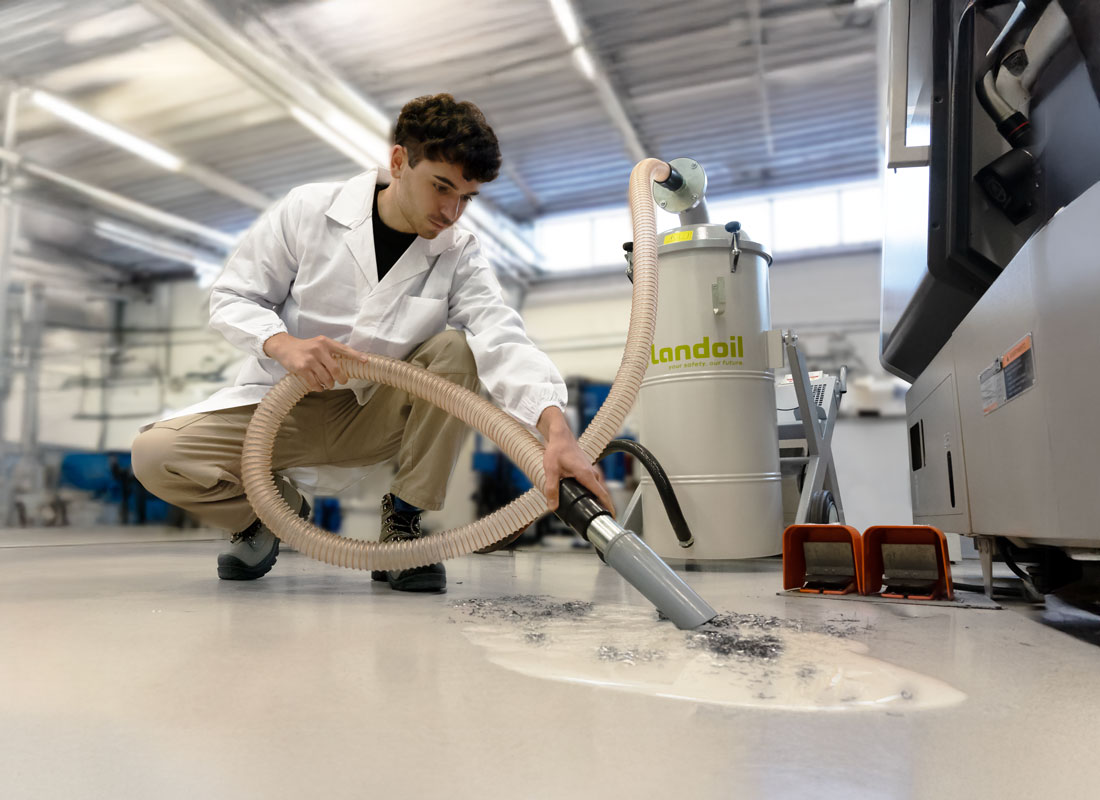
Ideal for a wide range of industrial applications, industrial vacuum cleaners ensure effective cleaning even in difficult conditions.
These tools improve production efficiency and contribute to a safer working environment, reducing the need for maintenance and the risk of occupational diseases related to exposure to contaminated dust and liquids.
These devices, designed to manage and optimise the quality of air within work environments, are essential to ensure a safe and productive environment. In this in-depth look, we will explore in detail what industrial vacuum cleaners are, how they work, the benefits they offer, and answer frequently asked questions on this topic.
What industrial vacuum cleaners are and how they work
Industrial vacuum cleaners are devices designed to remove dust, fumes, vapours and other airborne particles within industrial environments. These tools are essential for maintaining clean and safe air, reducing the risk of respiratory diseases and improving the overall quality of the working environment. Industrial vacuum cleaners work through a ventilation system that sucks in contaminated air, filters it and returns it clean to the environment.
The heart of an industrial vacuum cleaner is its filtration system. Filters can vary depending on the type of particles to be removed, including HEPA filters for fine particles, activated carbon filters for odours and chemical vapours, and mechanical filters for larger particles. Choosing the right filter is crucial to ensure the effectiveness of the vacuum cleaner.
Applications of industrial vacuum cleaners in machine shops
In machine shops, industrial vacuum cleaners are used in numerous processes. During welding operations, for example, fumes and metal particles are generated that can be harmful if inhaled. Industrial vacuum cleaners are able to capture these fumes directly at the source, protecting the health of operators.
In addition, fine dust is generated during metal cutting and processing operations, which can accumulate in the air. Industrial vacuum cleaners are designed to handle these particles, ensuring that the air remains clean and safe. Even in painting processes, where chemical vapours are emitted, industrial vacuum cleaners play a key role in maintaining a healthy working environment.
Advantages of using industrial vacuum cleaners
The adoption of industrial vacuum cleaners in machine shops offers numerous advantages. Firstly, they improve air quality, reducing the presence of harmful particles and improving the health and well-being of workers. A healthier working environment results in higher productivity and reduced sick leave.
Secondly, industrial vacuum cleaners help keep machinery and equipment clean, reducing the accumulation of dust and debris that can cause malfunctions or premature wear and tear. This translates into greater operational efficiency and reduced maintenance costs.
Finally, the use of industrial vacuum cleaners can help companies comply with environmental and occupational safety regulations, avoiding penalties and improving corporate reputation.
Frequently asked questions about industrial vacuum cleaners
1. What types of industrial vacuum cleaners are available?
There are different types of industrial vacuum cleaners, including portable, centralised and moving-arm vacuum cleaners. The choice depends on the specific needs of the workshop and the type of particles to be removed.
2. How to choose the right industrial vacuum cleaner?
Choosing the right industrial vacuum cleaner depends on several factors, including the type of particles to be removed, the size of the area to be covered and the volume of air to be treated. It is important to consult an expert to determine the most suitable solution.
3. How often should industrial vacuum cleaner filters be changed?
The frequency of filter replacement depends on the intensity of use and the type of particles handled. In general, it is advisable to check the filters regularly and replace them when necessary to ensure the effectiveness of the vacuum cleaner.
4. Are industrial vacuum cleaners noisy?
The noise level of industrial vacuum cleaners varies depending on the model and power. However, many modern models are designed to operate quietly, reducing the noise impact on the working environment.
5. Can one industrial vacuum cleaner be used for several applications?
Yes, many industrial vacuum cleaners are versatile and can be used for several applications, provided they are equipped with the appropriate filters for each type of particle.
Conclusions
Industrial vacuum cleaners are indispensable tools in machine shops, helping to create a safer and more productive working environment. Their ability to effectively remove dust, fumes and vapours makes them an essential component of any industrial operation. Investing in a quality vacuum cleaner system not only improves workers' health and safety, but also offers long-term economic benefits by reducing maintenance costs and increasing operational efficiency. With proper selection and maintenance, industrial vacuum cleaners can radically transform the working environment, promoting a cleaner, more sustainable future for the mechanical engineering industry.
